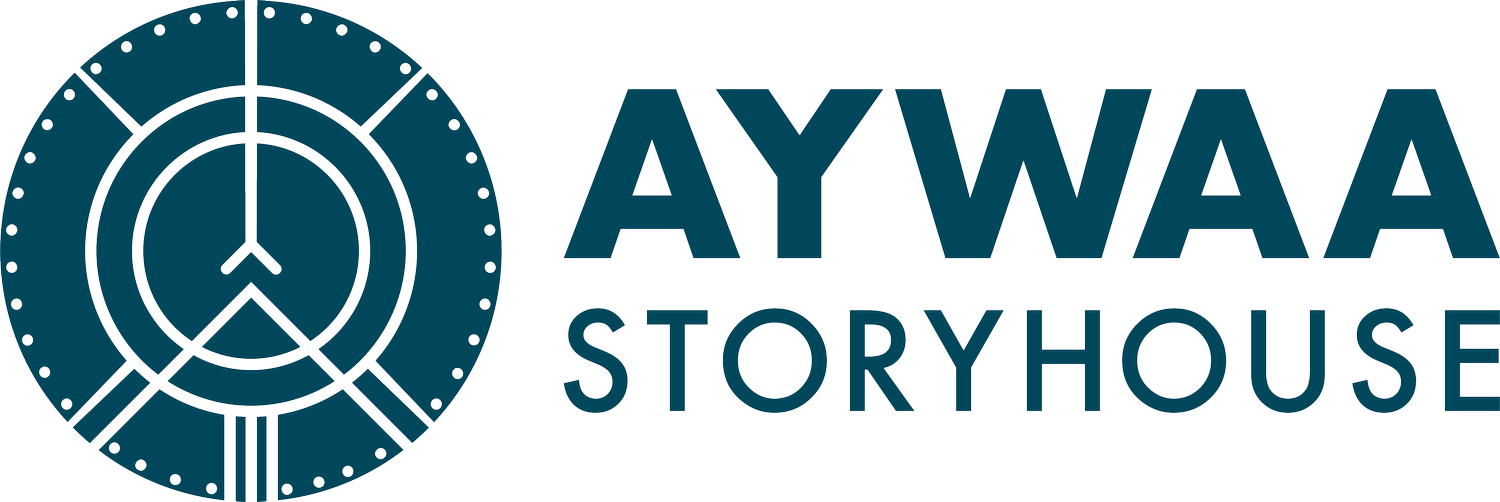Story 01: Respecting elders means advocacy for Jacki Cleveland
She won’t tell you this, but Jacki Cleveland was raised by her grandpa to do anything a man could do. In Quinhagak, a community of 750 people, located on its own river south of the Kuskokwim, where hunting, fishing and harvesting is central, that’s saying a lot.
In the summer and fall she sets net. In the fall she hunts moose. She harvests plants and berries for medicine and food. She’s hunted caribou, birds, rabbits and ptarmigan. She’s trapped. While many women throughout rural Alaska have the knowledge and physical know-how that Jackie was privileged to learn from her grandpa, today Jacki utilizes her life’s energy to protect the way of life that provides so much more than food.
Jacki Cleveland started working in advocacy for her community and their subsistence rights when she was just 19 years old. At the time she was attending the University of Alaska Fairbanks. The Native Village of Kwinhagak reached out to her to fill the Tribal Resources Director position for the summer. It was 1998, the first summer there were subsistence salmon closures on the Kuskokwim, Yukon and Norton Sound area rivers. While the Qaniirtuq, the river Quinhagak is located on, maintained, then, and maintains today a strong escapement of all five species of salmon, she knows the pressures in the ocean and warming waters in-river are affecting the numbers.
“In the end it made me a subsistence advocate by heart,” she said. Jacki now serves as Project Manager for the Kuinerraq Sustainable Future Project with Alaska Venture Fund, working to unify the voices and strategic plan in various priority areas for three area communities: Quinhagak, Goodnews Bay, and Platinum.
“We're surrounded by big rivers, the Kuskokwim and the Nushagak, so those big rivers get a lot of attention,” Jacki says. With the attention comes funding and resources for salmon data and management projects. “And in between, there's these three communities located on little rivers.” She says they often fall off funding maps because they aren’t on the Kuskokwim River and aren’t part of Bristol Bay.
To address this, she worked with the three communities to create Kuicuat, which in Yup’ik translates to little rivers. Like most people in Quinhagak, Jacki speaks fluent Yup’ik. “I joke and say when people ask what it translates to, I say it means the little rivers that could.” She looks forward to continuing discussing common challenges and opportunities between the three communities, sharing information, and exploring ways they can be stronger by working together and tapping additional resources as a body, rather than individual tribes.
Along with her job with Alaska Venture Fund, Jacki serves on councils and commissions all to protect hunting, fishing and harvesting rights: the Kuskokwim River Intertribal Fish Commission, the Yukon-Delta Regional Advisory Council, the Central Bering Sea Advisory Council, Quinhagak Heritage, Inc., and the Native Village of Kwinhagak Tribal Council. She says at one point she was getting weary with the volunteer advocacy work and the lack of change in inequitable management systems.
“I remember just wanting to give up,” Jacki said. “I felt like maybe we'll never be heard. Maybe we'll always be anecdotal to the rest of the world.”
One conversation with an elder at the Bethel airport changed her mindset. The man asked her to come closer to him and put her ear next to his mouth. “He said don't ever stop doing what you're doing with subsistence,” she says of his message to her. “You need to be the one to speak on our behalf when it comes to protecting our food. Don't stop it.”
“In our culture, we respect elders so much,” she said. “To not listen to him would be a sign of disrespect.”
Jacki continues her work on the governing advisory groups and commissions, in unifying community through Kuicuat, and living in relationship with the land and water surrounding her home community.
The elder’s comment has emboldened her to be bold when speaking up and sharing her thoughts. “Not that I'm the best speaker,” she says, “but it made me maybe brave enough to speak in those difficult spaces.” Spaces that often belittle or outright ignore Indigenous Knowledge brought to the table as testimony or proposals.
Alongside her advocacy work, Jacki is a documentary filmmaker, recently co-directing Ellavut Cimirtuq (Our World Is Changing), a documentary which tells the story of Quinhagak’s cultural revival and race to preserve artifacts and their homes in the face of melting permafrost and rising sea levels. She believes in the power of storytelling and the importance of Indigenous sharing stories from their communities.
Jackie is citizen of the Native Village of Kwinhagak Tribal Government. She holds a bachelor’s degree in Media and Theater Arts with a minor in Native American Studies from Montana State University, Bozeman.

